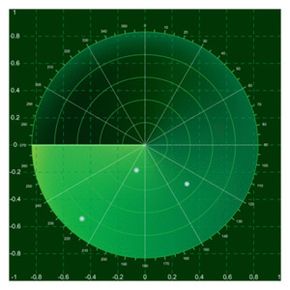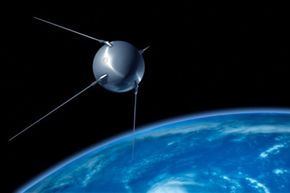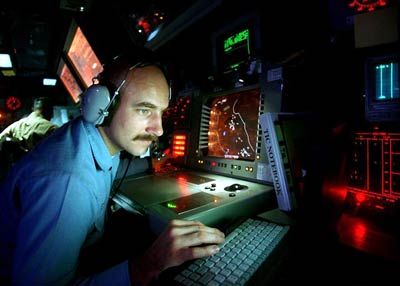According to the late Edwin Starr, war is good for absolutely nothing. But how much of the technology we depend upon today began as a kind of military technology? Is it possible that if we were a peaceful species we wouldn't have developed technologies like microwave ovens or the Internet?
Wars put an enormous demand upon a nation's resources. Those resources include everything from materials to military personnel. It's expensive to wage war. And war places a burden upon a nation's citizens. As soldiers march off to battle, the people left behind must work even harder to keep the nation's infrastructure from collapsing.
Advertisement
But wars can also have beneficial effects on economic and technological development. In general, wars tend to accelerate technological development to adapt tools for the purpose of solving specific military needs. Later, these military tools may evolve into non-military devices.
A relatively recent example of this is radar. While scientists around the world worked on using radio antennae to detect distant objects during the early part of the 20th century, we credit Sir Robert Watson-Watt with building the first practical radar set in 1935. The British Air Ministry adopted his design and used it to detect aggressors during the early days of World War II [source: Wired].
Radar became an important tool in militaries around the world. In turn, radar's adoption required countries to adapt to new warfare strategies. It also prompted the United States to invest in research and development for new ways to confound radar. The result was stealth aircraft technology.
On the civilian front, radar played a different role. A scientist by the name of Percy L. Spencer made an interesting discovery while standing near a magnetron -- a device that powers radar sets. Spencer had a chocolate bar in his pocket. The bar began to melt when Spencer stood near the magnetron. This piqued Spencer's curiosity and he began to examine what was going on. This led to the invention of the microwave oven.
Next, we'll take a look at how the threat of war indirectly aided in the creation of the Internet.
Advertisement



